La Mala Ordina: A Hard-Hitting Neo-Noir in 1970s Italy
Exploring the Grit and Glory of Di Leo’s Crime Classic
Ferdinando Di Leo’s La Mala Ordina (1972), also known internationally as Manhunt, is a milestone in Italian crime cinema. Part of Di Leo’s Milieu Trilogy alongside Caliber 9 and Il Boss, La Mala Ordina offers an unfiltered look at the violent underworld of 1970s Italy. Framed with a distinctly neo-noir style. Gritty and tense, the film serves as both a thriller and a socio-cultural commentary, exposing the allure and dangers of organized crime. Di Leo’s film is raw and relentless, often regarded as a foundation stone in Italian noir and poliziottesco genres, blending high-tension action with sharp storytelling.
The Plot: Grit, Survival, and Betrayal
La Mala Ordina follows the story of Luca Canali, a small-time pimp in Milan who unwittingly becomes the target of a deadly manhunt. Played by the charismatic Mario Adorf, Luca finds himself entangled in a conspiracy orchestrated by American mobsters. Who suspects him of interfering with their drug trafficking network. In reality, Canali is a pawn in a larger game, caught between powerful crime lords and lethal assassins sent to take him down. The film’s plot is compelling in its simplicity, following Canali’s desperate attempt to survive while he’s hunted through Milan’s backstreets, seedy hotels, and neon-lit clubs.
Di Leo’s storytelling pulls the audience into Canali’s struggle, where loyalty, betrayal, and survival unfold against a grim and atmospheric setting. Through Canali’s journey, La Mala Ordina delves into themes of entrapment, fate, and the inevitability of violence in a world ruled by crime.
The Cast: A Showcase of Italian Talent and International Influence
La Mala Ordina boasts a remarkable cast, led by the magnetic Mario Adorf as Luca Canali. Adorf’s portrayal of Canali is a standout, capturing both the raw grit and vulnerability of a man fighting for survival. Known for his roles across European cinema, Adorf brings an intense physicality to the role, making Canali an anti-hero who feels both authentic and relatable. His character’s determination and complexity set him apart from typical protagonists in the genre; he is neither a cold-blooded criminal nor a helpless victim. Instead, Adorf plays Canali as a resourceful, streetwise man caught in an impossible situation.
Alongside Adorf is Henry Silva, the American actor renowned for his tough-guy roles, who plays Dave Catania, one of the ruthless hitmen sent to eliminate Canali. Silva’s performance is chilling and calculated, exuding an effortless coolness that fits seamlessly into Di Leo’s vision of the Italian underworld. Woody Strode, another American actor, joins as Frank Webster, Silva’s partner in crime. Strode and Silva’s presence highlights Di Leo’s intention to give La Mala Ordina a cross-cultural appeal, bringing in the gritty aura of American noir and crime thrillers. The two actors provide a stark contrast to Adorf’s more emotive performance, adding a sense of detached menace that escalates the tension as they relentlessly pursue their target.
Another notable performance is by Luciana Paluzzi as Eva, Luca’s former lover, whose connections to the underworld add complexity to her relationship with him. Paluzzi’s portrayal is dynamic, balancing allure and danger, reflecting the noir trope of the femme fatale. Her character adds an additional layer to the narrative, symbolizing both Canali’s past and the vulnerabilities that threaten his survival.
The Setting: Milan’s Shadows and Underbelly
The film’s setting is as integral to its impact as the plot or performances. Unlike many Italian films of the time that focused on Rome or southern Italy, Di Leo sets La Mala Ordina in Milan. Utilizing the city’s industrialized landscape to great effect. Milan’s gritty urban spaces, from dimly lit backstreets to stark industrial complexes, are the perfect backdrop for Di Leo’s crime epic. The city’s modern skyline contrasts sharply with its crime-ridden neighborhoods, underscoring the duality of Milan as a place of wealth and corruption, progress and decay.
Through careful cinematography, Di Leo captures Milan in a style reminiscent of American noir films, with high-contrast lighting, shadowy compositions, and gritty urban realism. The narrow alleys, seedy bars, and neon-lit nightclubs give a sense of claustrophobia and entrapment, mirroring Canali’s struggle as he tries to evade his pursuers. Di Leo’s use of Milan’s underbelly transforms the city into a character of its own, with a dark, almost oppressive atmosphere that heightens the sense of danger surrounding Canali.
The climactic scenes are staged in Milan’s sprawling industrial areas, where the sense of anonymity and abandonment amplifies the desperation of the chase. Di Leo uses these settings to convey a world in which everyone is a cog in a vast, impersonal machine. A place where people are easily discarded and where the powerful operate with impunity. This stark, dehumanized landscape underscores Di Leo’s commentary on the dark allure of organized crime and the societal structures that enable it.
Cultural Impact and Legacy
La Mala Ordina holds a significant place in Italian cinema, both as a seminal work in the poliziottesco genre and as a cultural critique. Di Leo’s portrayal of the criminal underworld as a vast, interconnected network, spanning Italy and the United States, was groundbreaking for its time. The film exposes how Italy’s growing industrialization and modernity have not eradicated corruption; instead, they have intensified it, allowing international crime to infiltrate its cities. Di Leo’s use of American actors Silva and Strode highlights this connection, blending Italian and American noir elements to reflect a world increasingly shaped by global influences and organized crime.
The film’s gritty style, morally ambiguous characters, and exploration of violence had a profound influence on Italian and international cinema. Directors such as Quentin Tarantino have cited Di Leo’s work as an inspiration, particularly for the way La Mala Ordina balances action and character-driven storytelling. The film’s unfiltered look at crime also resonated with audiences during the 1970s, a decade marked by social upheaval, political scandal, and a growing fascination with anti-heroes.
La Mala Ordina is more than just a crime thriller; it’s a dark, intense exploration of survival in a world dominated by corruption and betrayal. Ferdinando Di Leo’s masterful direction, combined with Mario Adorf’s captivating performance and the moody, atmospheric setting of Milan, makes the film an unforgettable entry in Italian cinema. The gritty realism of the story, paired with the iconic performances of Silva, Strode, and Paluzzi, creates a film that’s as suspenseful as it is visually compelling. Di Leo’s focus on the tension between personal loyalty and systemic corruption continues to resonate, securing La Mala Ordina as a timeless classic in Italian noir and a vital part of cinema history.
Watch the movie on Movieitaly+
Read more articles over here!


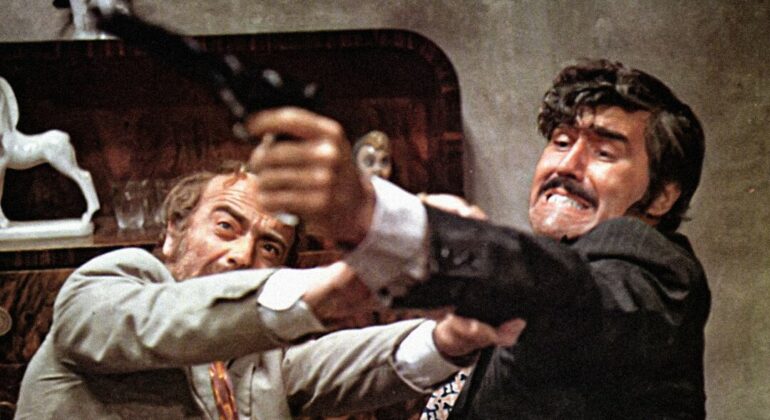


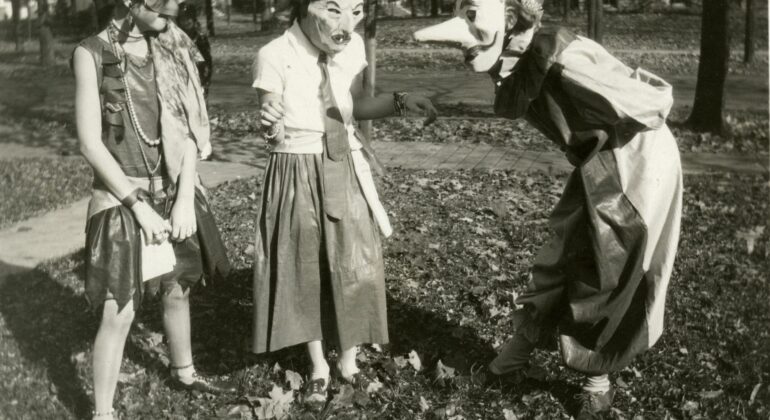


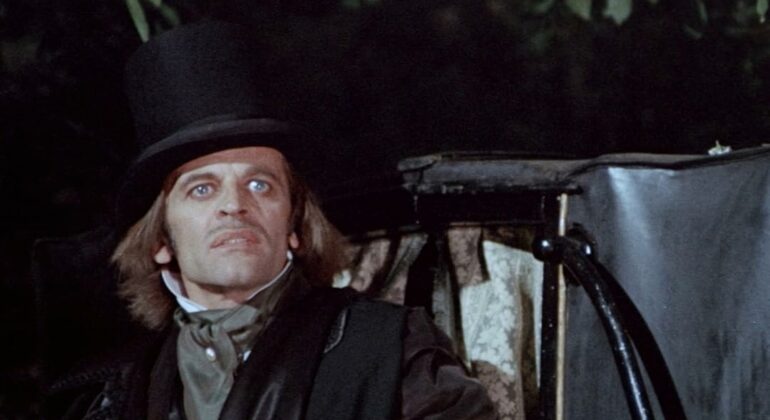
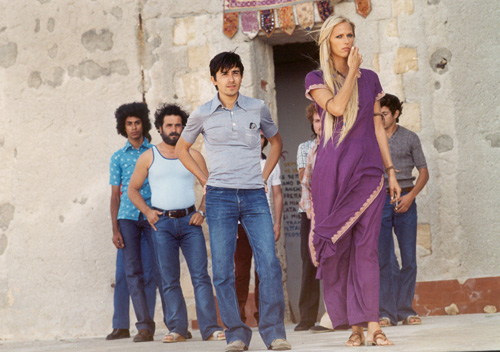

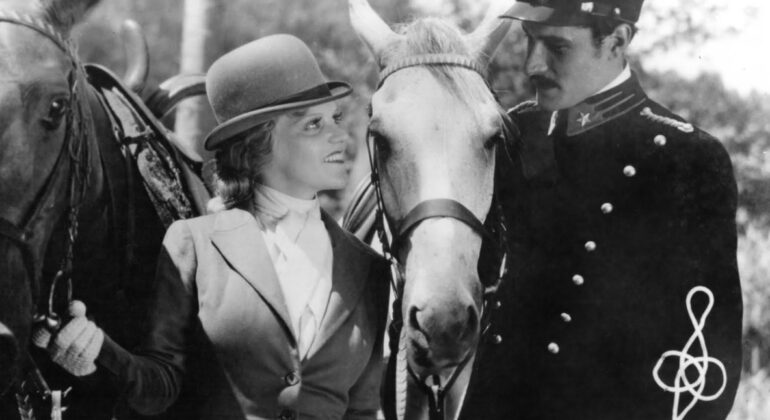




Recent Comments